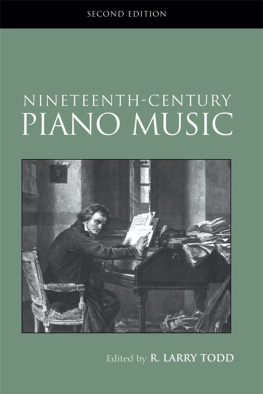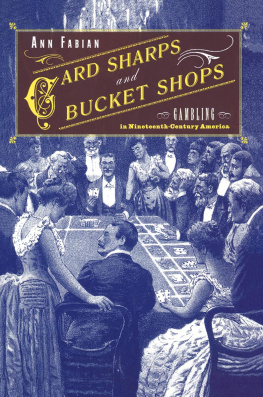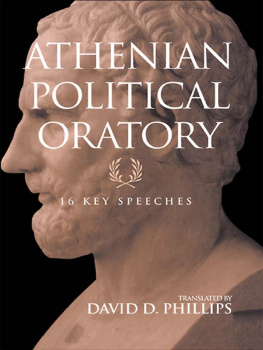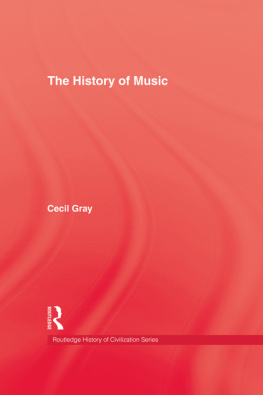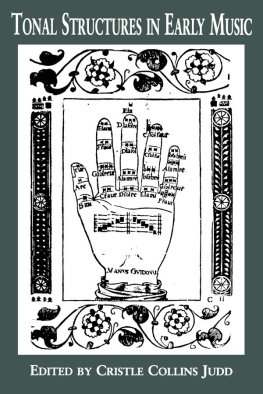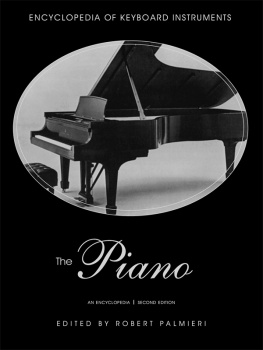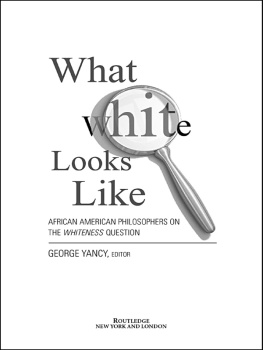R. Larry Todd - Nineteenth-Century Piano Music
Here you can read online R. Larry Todd - Nineteenth-Century Piano Music full text of the book (entire story) in english for free. Download pdf and epub, get meaning, cover and reviews about this ebook. year: 2004, publisher: Routledge, genre: Romance novel. Description of the work, (preface) as well as reviews are available. Best literature library LitArk.com created for fans of good reading and offers a wide selection of genres:
Romance novel
Science fiction
Adventure
Detective
Science
History
Home and family
Prose
Art
Politics
Computer
Non-fiction
Religion
Business
Children
Humor
Choose a favorite category and find really read worthwhile books. Enjoy immersion in the world of imagination, feel the emotions of the characters or learn something new for yourself, make an fascinating discovery.
- Book:Nineteenth-Century Piano Music
- Author:
- Publisher:Routledge
- Genre:
- Year:2004
- Rating:3 / 5
- Favourites:Add to favourites
- Your mark:
- 60
- 1
- 2
- 3
- 4
- 5
Nineteenth-Century Piano Music: summary, description and annotation
We offer to read an annotation, description, summary or preface (depends on what the author of the book "Nineteenth-Century Piano Music" wrote himself). If you haven't found the necessary information about the book — write in the comments, we will try to find it.
Nineteenth-Century Piano Music — read online for free the complete book (whole text) full work
Below is the text of the book, divided by pages. System saving the place of the last page read, allows you to conveniently read the book "Nineteenth-Century Piano Music" online for free, without having to search again every time where you left off. Put a bookmark, and you can go to the page where you finished reading at any time.
Font size:
Interval:
Bookmark:
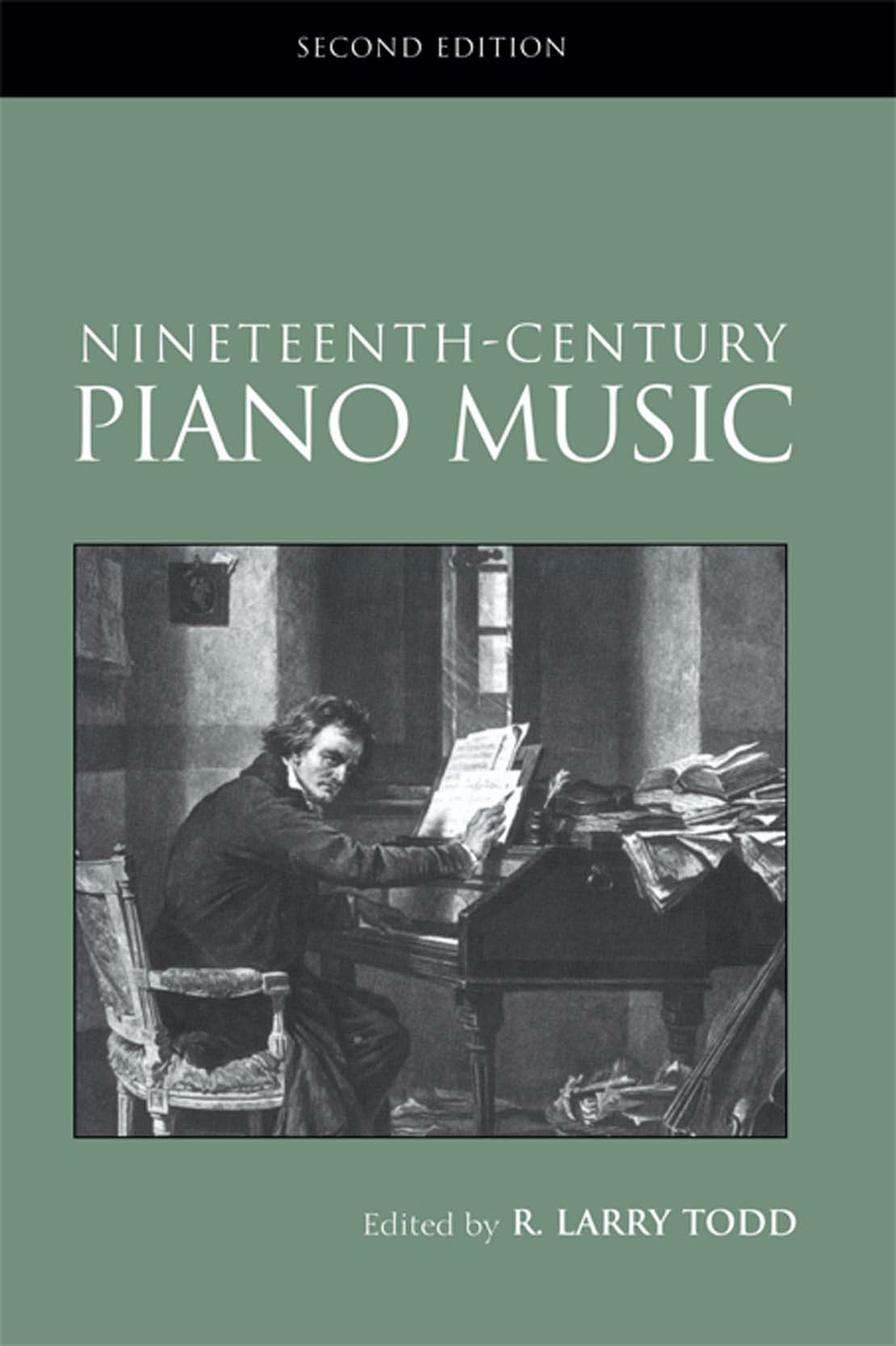
Piano Music
Keyboard Music before 1700, 2nd edition
Alexander Silbiger, Editor
Eighteenth-Century Keyboard Music, 2nd edition
Robert L. Marshall, Editor
Nineteenth-Century Piano Music, 2nd edition
R. Larry Todd, Editor
Nineteenth-Century Chamber Music
Stephen E. Hefling, Editor
Twentieth-Century Chamber Music, 2nd edition
James McCalla
Piano Music
SECOND EDITION
ROUTLEDGE STUDIES
IN MUSICAL GENRES
EDITED BY
R. Larry Todd

Published in 2004 by
Routledge
29 West 35th Street
New York, NY 10001
www.routledge-ny.com
Published in Great Britain by
Routledge
2 Park Square, Milton Park,
Abingdon, Oxon, OX14 4RN
www.routledge.co.uk
Copyright 1990 by R. Larry Todd, 2004 by Routledge
Routledge is an imprint of the Taylor & Francis Group.
Transferred to Digital Printing 2006
All rights reserved. No part of this book may be reprinted or reproduced or utilized in any form or by any electronic, mechanical, or other means, now known or hereafter invented, including photocopying and recording, or in any information storage or retrieval system without permission in writing from the author.
10 9 8 7 6 5 4 3 2 1
Cataloging-in-Publication Data is available from the Library of Congress
ISBN: 0415968909
The Piano and the Nineteenth Century |
Orthodoxies, Paradoxes, and Contradictions: Performance Practices in Nineteenth-Century Piano Music |
Beethoven |
The Piano Works of Schubert |
In Defense of Weber |
Piano Music Reformed: The Case of Felix Mendelssohn Bartholdy |
Hearing Poland: Chopin and Nationalism |
Schumann and the Marketplace: From Butterflies to Hausmusik |
From the Concert Hall to the Salon: The Piano Music of Clara Wieck Schumann and Fanny Mendelssohn Hensel |
Brahms: From Classical to Modern |
Expressive Resonance in Liszts Piano Music |
The pianothat most familiar of modern instrumentsacquired its prominence during the nineteenth century, when it became essentially the instrument of choice. Its complex and accelerating development from the eighteenth-century fortepiano was prompted by a network of interdependent factors, including, of course, the technological innovations of the Industrial Revolution, which facilitated its mass production; the vogue of the romantic virtuoso, which found its most complete and versatile expression at the keyboard; and the new, irrepressible musical consumerism, which demanded a constantly improving instrument responsive to the ever-changing needs of composers, virtuosos, and musical amateurs alike. Not surprisingly, in nineteenth-century arts and letters the piano emerged as a veritable cultural symbolfor example, as an object associated with romantic subjectivity and Victorian sentimentality; as a conveyor of a special emotional language that transcended the mere play of words; as a symbol of Biedermeier respectability and domesticity in post-Napoleonic Germany and Austria; and as a sturdy article of furniture in middle-class drawing rooms.
Especially vivid impressions of the instruments role in nineteenth-century life and manners are recorded in William Makepeace Thackerays trenchant novel without a hero, Vanity Fair, which appeared in serial form in 1847 and 1848 as pen and pencil sketches of English society during the Regency and the 1820s. The piano makes its entrance as early as the and Otherwise, a different drawing room is the scene of another, this time unsuccessful, attempt by Amelia to attract George: Amelia hoped George would soon join them there. She began playing some of his favourite waltzes (then newly imported) at the great carved-legged, leather-cased grand piano in the drawing room overhead. Here the piano is used to accompany a waltz, the then risqu dance that was, of course, the rage of Vienna during the Congress of 1815.
Elsewhere in Vanity Fair Thackeray affords us more intimate views of the preferred nineteenth-century instrument. In contrast to the ornate, powerful, drawing-room grand, Amelia possessed for her own use a little square piano from the upper regions of the house, one specially chosen for her when she was a child at Broadwoods. But she loses the square piano when, as a result of Napoleons surprise landing at Cannes in 1815, her father, John Sedley, suffers financial ruin so that the entire household furnishings have to be sold to satisfy his creditors. Notwithstanding this reverse, Captain William Dobbin, secretly in love with Amelia, purchases the piano at the auction block and has it sent to her. But Amelia mistakenly imagines that her beloved George was the one who secretly interceded on her behalf. Only much later, years after Georges death at Waterloo, is the error corrected. In chapter 59 we again encounter that little old piano which had now passed into a plaintive jingling old age, but which she loved for reasons of her own. She was a child when first she played on it: and her parents gave it her. And, thinking that it had been Georges gift, the only one which she had received from her lover, it became the thing she had cherished beyond all others, her dearest relic and prize. She had... played his favourite airs upon it: sat for long evening hours, touching, to the best of her simple art, melancholy harmonies on the keys, and weeping over them in silence. Amelia now recognizes the identity of her benefactor, and, as she expresses her gratitude, Dobbin, who could hold no more, breaks down and professes his love for her. It is the piano that prompts this emotional outburst.
The special role of the piano in nineteenth-century European culture helps to explain, perhaps, the profusion of extraordinary music written for the instrument during the century, and, indeed, the preoccupation of many of the leading composers with the instrument. George Bernard Shaw wrote in 1876 that the great majority of us receive our musical education almost entirely through the pianoforte, an assertion, of course, that remained valid for generations of music lovers who followed. In The Religion of the Pianoforte, an especially witty and forceful piece written for The Fortnightly Review in 1894, Shaw expounded at length on the nineteenth-century phenomenon of culture from the piano, indulging in a bit of autobiography to drive home his point:
This musical starvation it was that drove me to disregard the rights of my fellow lodgers and go to the piano. I learnt the alphabet of musical notation from a primer, and the keyboard from a diagram. Then, without troubling Czerny or Plaidy, I opened Don Giovanni and began. It took ten minutes to get my fingers arranged on the chord of D minor with which the overture commences; but when it sounded right at last, it was worth all the trouble it cost.... I soon acquired a terrible power of stumbling through pianoforte arrangements and vocal scores; and my reward was that I gained penetrating experiences of Victor Hugo and Schiller from Donizetti, Verdi, and Beethoven; of the Bible from Handel; of Goethe from Schumann; of Beaumarchais and Molire from Mozart; and of Mrime from Bizet, besides finding in Berlioz an unconscious interpreter of Edgar Allan Poe....
Font size:
Interval:
Bookmark:
Similar books «Nineteenth-Century Piano Music»
Look at similar books to Nineteenth-Century Piano Music. We have selected literature similar in name and meaning in the hope of providing readers with more options to find new, interesting, not yet read works.
Discussion, reviews of the book Nineteenth-Century Piano Music and just readers' own opinions. Leave your comments, write what you think about the work, its meaning or the main characters. Specify what exactly you liked and what you didn't like, and why you think so.

